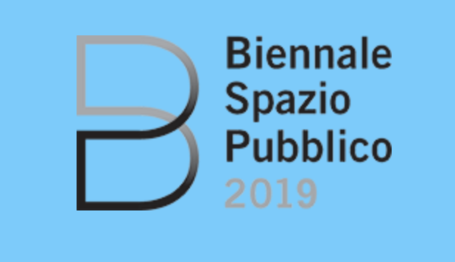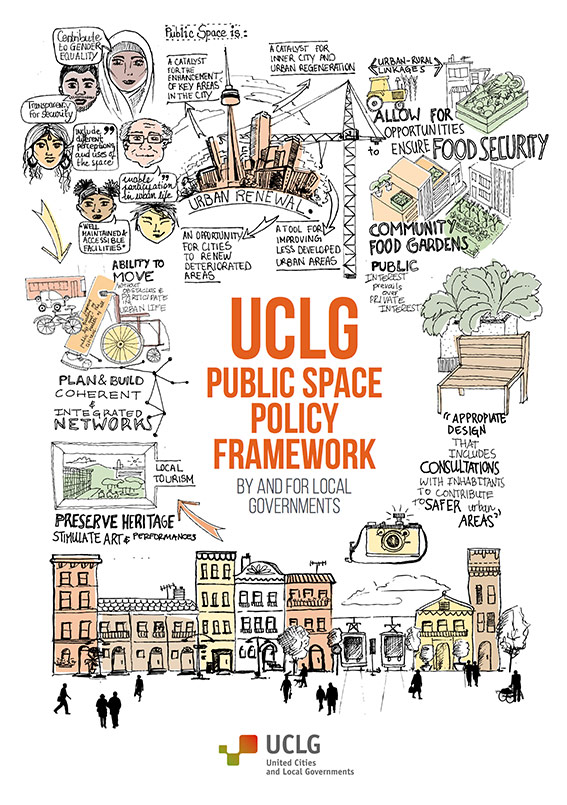
The 5th Edition of the Biennale of Public Space took place form 29 May to 1 June in Rome, in the old slaughterhouse, hosted by the Institute of Urbanism Italy INU, the architecture department University Roma Tre and the city of Rome. UCLG and UN Habitat have been involved in this process since the beginning, and in the charter of public space as well. Public space management and provision lies in the competence of local government in most of the cities of the world.
Therefore, UCLG and its members, in particular those joining the strategic planning committee, CUSP, have successfully promoted public space to be considered a public service in the policy formulations related to the New Urban Agenda, as well as public space having a specific target (7) of the goal 11.
This was further rolled out by the keynote of Sara Hoeflich from UCLG, who explained the local policies around Public space that make also the global agenda becoming tangible and visible.
Further, public space is a lever of change in governance, in particular for inclusion and participation. At the same time that local governments open up, including citizens when considering them in public space decisions, the creative community is more proactive and looks for collaboration with local government. As a result, Public Spaces become more important for the city identity and wellbeing, this includes mobility, nature, social fabric, neighbourhood improvement, etc. Currently, many members such as UCLG ASPAC, Metropolis, and the Culture Committee for example, join CUSP in the effort to sharing and promoting public spaces.
In this sense Bryne Makuta, head of Parks and environment of the city of Johannesburg, showed possibilities and opportunities of public space that go beyond the initially decorative and environmental functions of Public space in African cities towards more inclusive and social functions.
Additionally, many creative project promoter, reported how they meet always more openness in local governments for arts in neighborhoods. Cities like Madrid, Palermo or Utrecht, invests in public space education in place-making , and support public space co creation. The Piazza Perestrello is an example for a short term project that transforms the neighborhood and city for less than a month.
Finally, the charter was updated (see links) during the Biennale “charterplatz” think tank for designers and government representatives around public space (see here). The Biennale movement looks to short term “happenings” and to the local policy making, The intention of the Biennale, besides drawing attention to SDG 11.7, is reaching out more into regions, and also increasing enrolment in training and learning. The UCLG congress is considered such an opportunity.
- Read the UCLG Public Space Framework.
- Read the Charter of Public Space.
- Read the UCLG Public Space Think Piece.
- Discover other UCLG peer learning experiences: Public space and citizenship.











